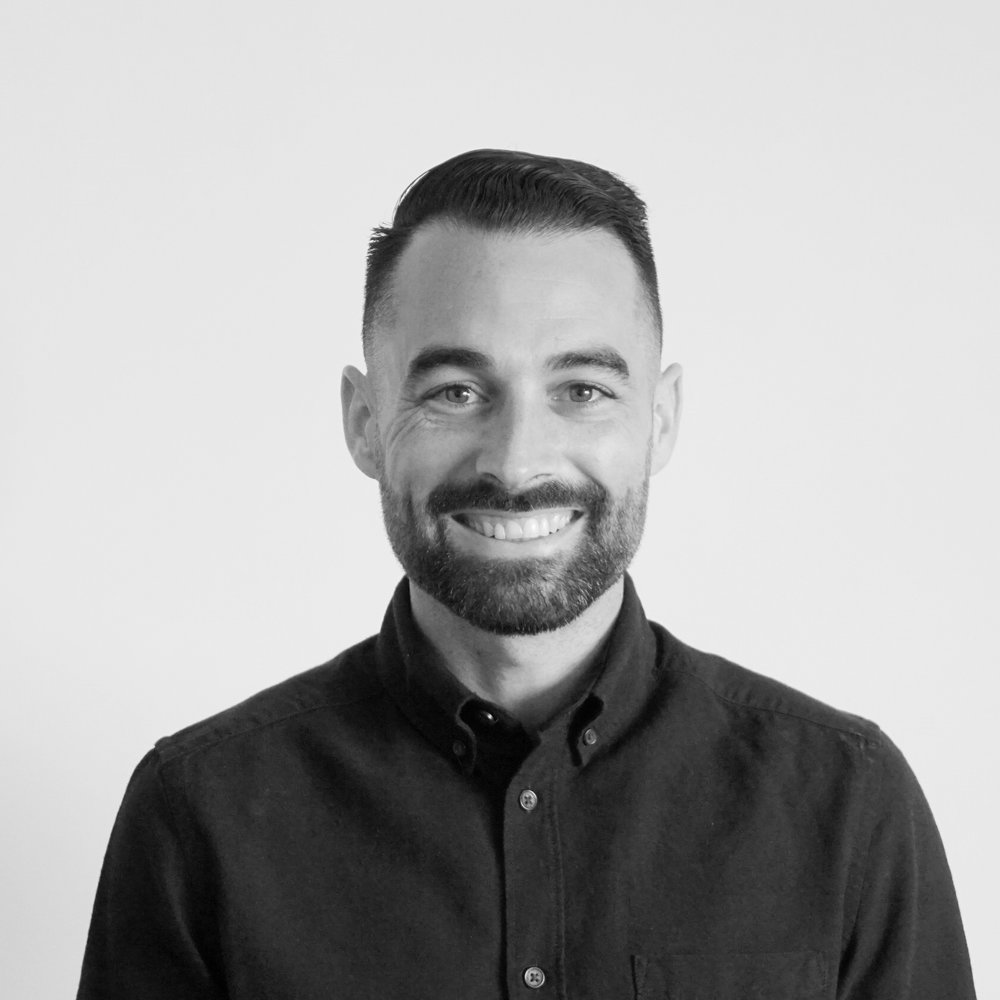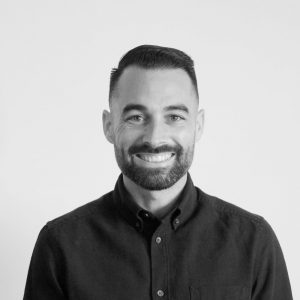
 Building an Architecture Firm Around a Delightful Client Journey
Building an Architecture Firm Around a Delightful Client Journey
So much of the success experienced by thriving small firms can be found in their process. How are they developing the services they provide to their clients? How are they managing their clients’ expectations? Are they making things happen in an efficient way? Is the design, development and building process enjoyable?
This week at EntreArchitect Podcast, Building an Architecture Firm Around a Delightful Client Journey with Architect Anthony Laney.
Background
Anthony is an architect and designer who’s devoted to bring out the best in creative teams. He’s a cofounder and partner at Laney LA, an architecture firm focusing on serving home and business owners in LA and the surrounding region. He began his career with the renowned firm Marmol Radziner working for clients as distinguishd as Tom Ford. Graduating at the top of his class from the USC School of Architecture, he won 17 class commendations and received numerous recognitions including the AIA Medal and the Studio Design Award. Anthony is a multi-disciplined designer whose work encompasses architecture, landscape architecture, interior design, graphic design, branding, and social leadership. He’s active on social media, reach out to him there! He’s building a culture of a young startup and sharing it with the rest of us.
Origin Story
Anthony decided to try out architecture after high school, and the most significant thing was that architecture school was super intimidating but he ended up meeting his future wife there.
After graduating and getting married, Anthony and his wife worked for several great firms. Once they got licensed, they decided to launch their own studio. They’ve slowly grown to a team of 11 and outgrown their home garage studio. Since then, they’ve discovered their passion lies in high end residential custom homes in the area south of the Bay.
How did you land in your target market?
They landed on something they were passionate about, good at and that could pay the bills. Whether it was a full house, a renovation, or a small portion of design on a bigger team, these discerning clients wanted a high touch, high quality of service experience.
Though they’re not for everyone, clients hire them because they want an enjoyable, passionate process. The process leaves a feeling of joy instead of a wake of headaches. Laney LA makes the process fun.
What are you doing to differentiate yourselves from other firms?
Laney LA is extremely clear and consistent with how they communicate with their clients. They make it very easy for clients to share their journey with their friends. Every piece of the design project is pretty enough to share.
When clients come to their studio, they’re treated like guests. They have food and drinks, and branding with their names. They receive quick follow up and intentional communication. This all stems from asking the questions, “If I was a client, how would I want to be treated? How can we go above and beyond?”
How did you grow your company culture?
They didn’t have a master plan for rate of hiring, but it doesn’t feel like they’re growing fast. They’re always interviewing, and that can be a long process.
They possess a specific set of values that they try to reflect in the way they approach their work, most often in the way they treat their employees. Their goal is to create a runway for designers who have very distinct aspirations to launch their own practice one day. They have a team of rockstars who are going places; these people will launch their own firms eventually. That, in turn, attracts people who are passionate about creativity and building something together.
Are you actively teaching employees?
While they don’t have a fully open book firm, each year they set specific goals to move closer to that. Project managers have full access to all the contracts and their profitability reports.
One of the purposes of internal lecture series is to give give project managers and designers the opportunity to rehearse on a stage and get feedback. The goal is to create leader makers which attracts a certain type of individual.
They’re also a big fan of evualtuating strengths, specifically the DISC Theory and DISC Personality Traits. They pay close attention to having a diverse team, and knowing where people’s natural strengths are helps Anthony put them on the right seat on the bus.
What model do you use at Laney LA?
Anthony’s job is more as a coach. The design isn’t at the principle level, it’s on the project manager level. This has allowed them to build their team the way they want to. They use apps to track time and delegate tasks, as well as take detailed notes. They find different software packages that work well for them and use technology to their benefit. From day 1 of design all the way through, everything is modeled in 3D with ArchiCad, which they teach internally.
What are some apps you use?
- ArchiCad
- Harvest for time tracking and invoicing
- Insightly for tracking opportunities
- Evernote for digital sketchbook and note-taking
- Dropbox for file organization
- Amazon web services to host BIM cloud
- Quickbooks for accounting
All of these are cloud-based, so people can access them anywhere, any time!
Do you have specific hours of work?
They’ve moved to having people together 80% of the time. There’s a residual benefit of having people together, but they offer flexibility when needed.
The theme of 2018 has been “startup to grow up”. They’ve clarified policies, including working hours from 8 AM – 5 PM. It may not feel good at first, but more consistency is better as they grow.
What are your roles as partners?
As they’ve grown, Anthony and Krista’s roles have changed. Anthony is more outward-facing, dealing with recruiting new work, writing contracts, and handling the business. Krista prefers to do more behind-the-scenes design, be a part of teams, and be more creative.
As the team develops, they’ve both let go of BIM management to let other team members lead that. Krista has transitioned to part time with several additions to their families, and her role is moving more toward design review.
Do you have a process for people to move into leadership positions?
Anthony came to the realization that looking at his longest staff members, the best case for them to stay is to be part of a growing firm. The biggest opportunity there is to have many hires so that leaders can start mentoring down as well. This gives them exposure to what’s going on in the firm.
What is the one thing that small firm architects can do today to build a better business tomorrow?
“If you have any focus on residential, invest in Houzz.com to grow your business.” – Anthony Laney
Connect with Anthony online at Laney.LA, and follow him on Twitter and Instagram.
Visit our Platform Sponsors
Freshbooks is the easy way to send invoices, manage expenses, and track your time.
Access your free 30 day trial at EntreArchitect.com/FreshBooks. (Enter EntreArchitect)
ARCAT has huge libraries of free content, Specs, CAD, BIM and more. No registration required. Want to collaborate with colleagues in real time?
Visit EntreArchitect.com/ARCAT and click Charrette for more information.
Referenced in this Episode
Join The EntreArchitect Community on Facebook
Download the Profit For Small Firm Architects course for FREE.
Leave a Rating and Review at iTunes
EA130: How to Build a Successful Architecture Firm That Works with Architect Declan Keefe [Podcast]
EA185: The Passion, The Process and Problems of Running a Design/Build Architecture Firm [Podcast]
My “playlist” is the word you might have been looking for 🙂
Yes. That’s the word. It came to me as soon as I hit STOP : ) I imagined hundreds of listeners screaming the word out to me as they listened : ) I appreciate the feedback. Thanks for listening.
Love the discussion around a firm’s midsection. “To be part of a train that is moving, that continues to move” is highly underrated in our entreprenuerial landscape. Thank you for sharing!